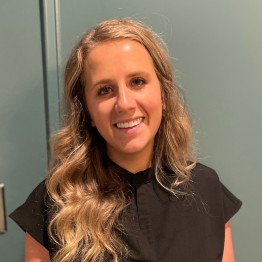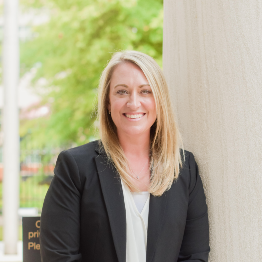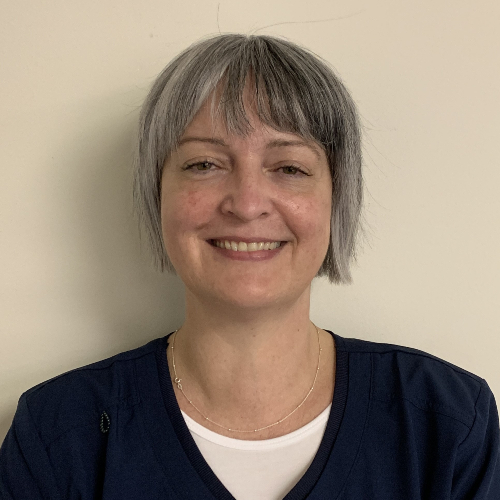You’ve done all the right things. You visited a physician to help get to the root of your issue. You told them all that has been going on with you, and at the end of the visit and diagnostic testing, you had an answer. But…something isn’t sitting right with you. Knowing when to get a second opinion can be a nerve-wracking experience; however, it may just save your life.
At Innova Primary Care, we treat the entire person – mind, body, and soul. We know that patients thrive with information, accurate information. We want our patients to feel empowered, which sometimes means getting a second opinion from another trusted source. Sometimes it is a gut feeling that makes you push forward. Sometimes, a second opinion is necessary to carve the right treatment path. Let’s look closer at this topic together.
What exactly is a second opinion?
We’ve all heard the term “second opinion,” While it is self-explanatory, it has a specific meaning in the medical field. Loyola Medicine states, “A second opinion refers to a fresh interpretation of a given diagnosis or treatment plan indicated by another doctor.” This new interpretation of a diagnosis or treatment plan can offer patients empowerment through information and available options putting medical care in their hands.
Meeting with a new physician could lead to a misdiagnosis or different treatment options. Complex medical decisions are not easy for anyone, but a second opinion might lead to more data for you and help you make the best decisions for your care.
The healthcare model has shifted in many ways towards a patient-centered approach. Patient-centered care means that patients are empowered in their own medical decisions. Armed with the best information available, they become partners with their care team rather than bystanders, making decisions that best suit their individual needs.

Medics conferring in hospital corridor
No physician should shame you for seeking a second opinion.
Many people do not want to appear rude or unsatisfied with the care they receive, and, in some cases, they do not want to offend their current physician. However, the truth of the matter is that a medical care provider should never shame a patient for seeking a second opinion. If this happens, it is a red flag.
Physicians should empower their patients with information; sometimes, that information comes in the form of further guidance from another in the medical field. Please know it is your right to seek additional advice, and never fear doing so. Your decision can save your life.
When should you seek a second opinion?
There are many reasons why you may want a second opinion. If you feel uncomfortable with your current diagnosis or treatment plan, seeking out another realm of advice is advisable.
You may want more advice if you do not understand your diagnosis or proposed treatment plan. Sometimes your physician may be unable to find anything wrong with you, yet you still feel something is off. In this case, keep searching for answers.
For those with complex diagnoses such as cancer or neurological disorders, the more information available, the better equipped you are to take charge of your medical care. In these instances, a second opinion is recommended.
There are times when the treatment plan is not working. It may be something newer or better is available to you. The side effects from your current treatment plan are burdensome, and a different option may work better. Why not seek out additional information to help you make the wisest decision for your individual case?
When you are facing surgery or multiple treatment options and don’t know the best course of action for you, a second opinion may help narrow down your choices and put you on the right path.

Cropped shot of a group of medical practitioners viewing an x-ray together.
How to find the right doctor for a second opinion?
There are many reasons why you might seek out additional care. The bottom line is that you, the patient, have the right to seek assistance no matter why. Take charge of your care by doing research and asking questions.
The first place to start is with the physician or specialist you currently visit. Again, you are within your right to ask for help finding answers, and no medical care provider should shame you. In many cases, your current treatment team can advise you on the next steps and help you find a medical professional to assist you.
Ask around to those in similar situations and find out where they receive medical care. There are also second opinion services online, but be wary. Do not trust the first site you see. Be sure to do your homework.
Insurance and second opinions.
Did you know that, in some cases, your insurance may require a second opinion? While this is not always the case, it pays to read your benefits plan and ask questions of your insurance company. Certain diagnoses and treatment options from your provider may necessitate a second opinion from your insurance company before treatment can ensue. Sharecare notes that most insurance companies ask for a second opinion regarding major surgeries and other major medical procedures. Do your due diligence and seek intel from your insurance company.
Take charge of your health.
Receiving a daunting diagnosis or learning you need a major surgery can be incredibly stressful. Not fully understanding the advice of your medical team or even being told nothing is wrong when you feel differently can feel defeating. When you are unsure of your diagnosis or lack thereof, take control. Find out more. Ask questions. You deserve the best care possible and it may be that your current medical team is not up to the task. When in doubt, seek the answers out.



 About
About About
About

 About
About About
About About
About About
About About
About













